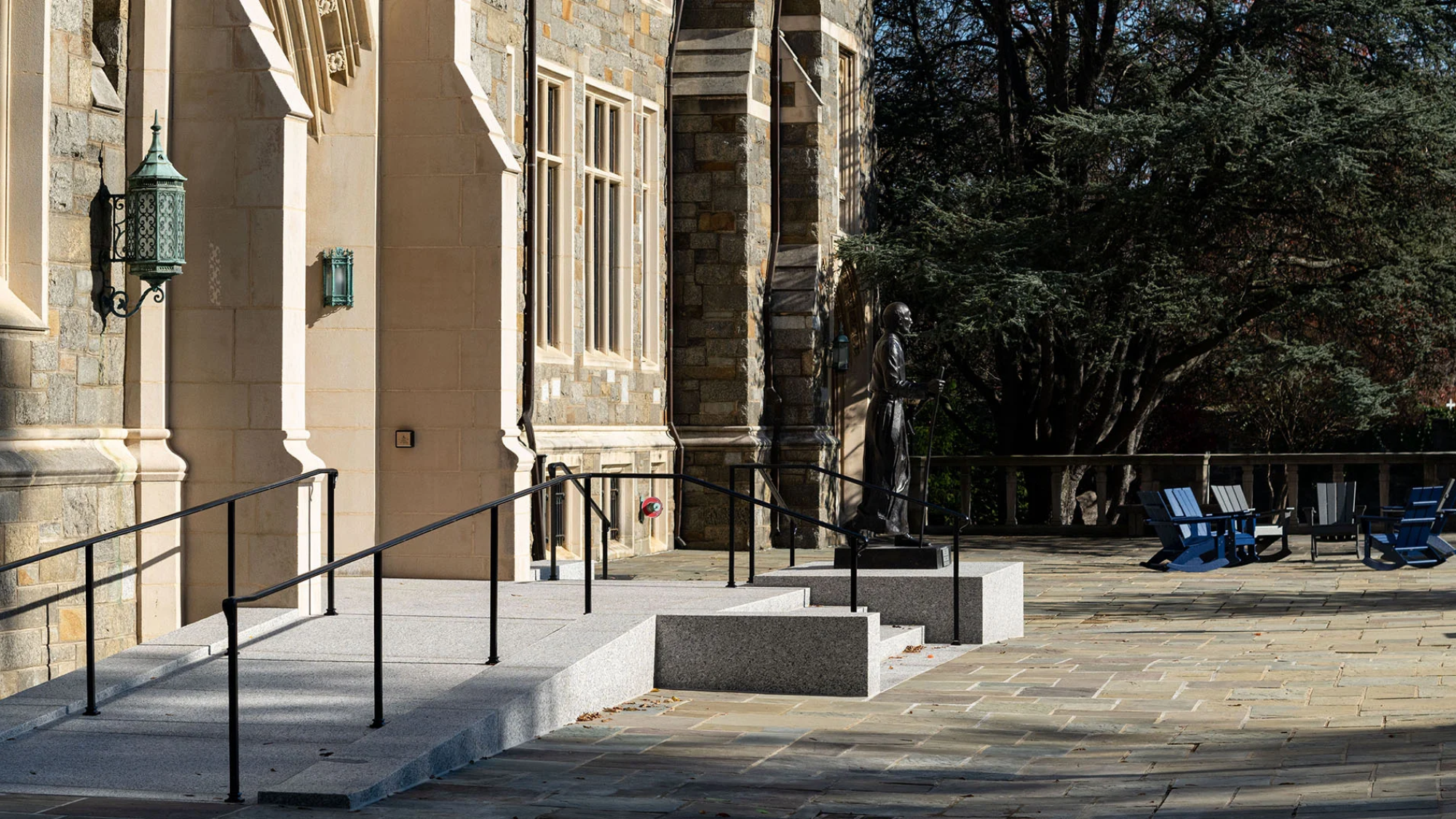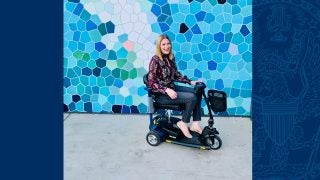To further support Georgetown’s efforts to be an inclusive community that is accessible to people with disabilities, the university recently launched a new “Accessibility at Georgetown” website.
The site brings together information and resources related to disability accommodations, the physical accessibility of our campus and spaces, digital accessibility, disability programs and scholarship, event planning guidance, relevant policies and our disability community.



